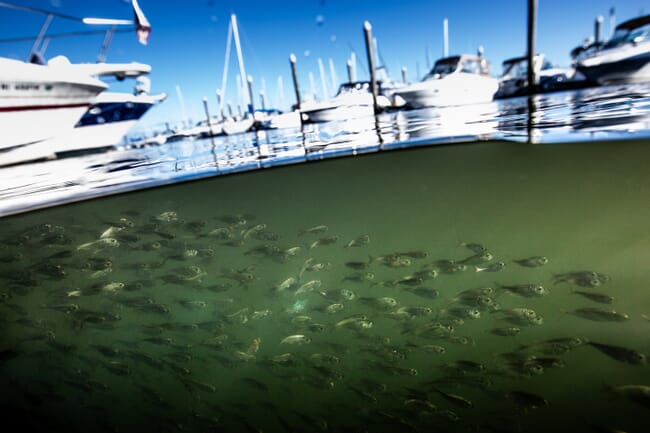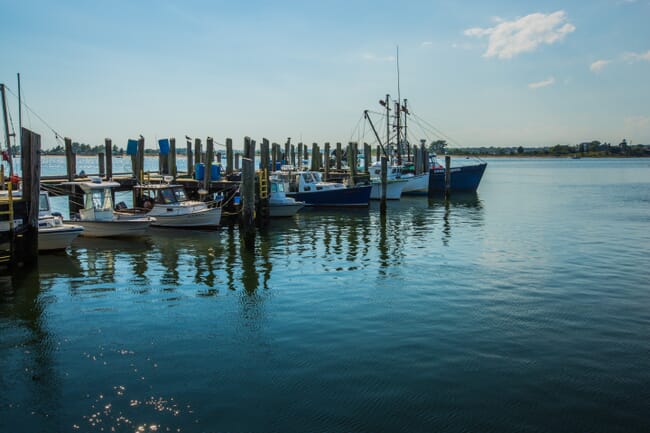
PRESS will address an array of critical seafood issues and serve as an important hub for research and development © University of Rhode Island
The new Partnership for Research Excellence in Sustainable Seafood (PRESS) is a $1 million, four-year effort, established through the National Oceanic and Atmospheric Administration, and made possible through federal funding secured by US Senator Jack Reed.
“Sustainable seafood is good for our economy and the environment,” Reed said. “I am proud to have secured $1 million for this exciting new programme that will benefit Rhode Island’s aquaculture industry, wild-caught fisheries and the state’s sustainable seafood sector.
“From disease management to food safety to water quality, URI’s new PRESS programme will address an array of critical seafood issues and serve as an important hub for research and development. This federal earmark will help URI grow our blue economy, enhance food security and promote ocean conservation,” said the senator, a senior member of the Appropriations Committee.

Seafood consumption in the United States has been on the rise, with demand expected to grow 60 percent by 2050 © University of Rhode Island
The programme aims to identify issues of concern and to respond directly with grants funded through a rapid response mechanism. A coordinating committee most familiar with these issues includes academic institutions; state, federal and non-governmental agencies; and industry experts in fisheries, aquaculture and seafood in Rhode Island.
Gomez-Chiarri, a professor of fisheries and aquaculture, will be guided by the committee in connecting researchers with industry members to team up to address emerging challenges and ongoing critical issues facing the fisheries, aquaculture and seafood sectors in Rhode Island.
Seafood consumption in the United States has been on the rise, with demand expected to grow 60 percent by 2050. While the potential is great, this increase in seafood production and consumption is also threatened by weaknesses in processing and distribution chains. These challenges are further exacerbated by unexpected or unexplained events such as harmful algal blooms, disease or area closures.
“As researchers at a land grant and sea grant institution, we are often approached by industry hoping to develop solutions to challenges they face,” Gomez-Chiarri said. “This initiative will allow us to quickly respond to these challenges with effective research, education and technology tools created by teams of scientists and industry experts working together.”
The objectives of the project are to identify emerging issues affecting seafood production; develop a research innovation and idea incubator driven by stakeholder input; develop or enhance workforce training and educational portals; and transfer technology to improve industry sustainability. This project will provide a model for addressing future challenges to seafood security in the US.




